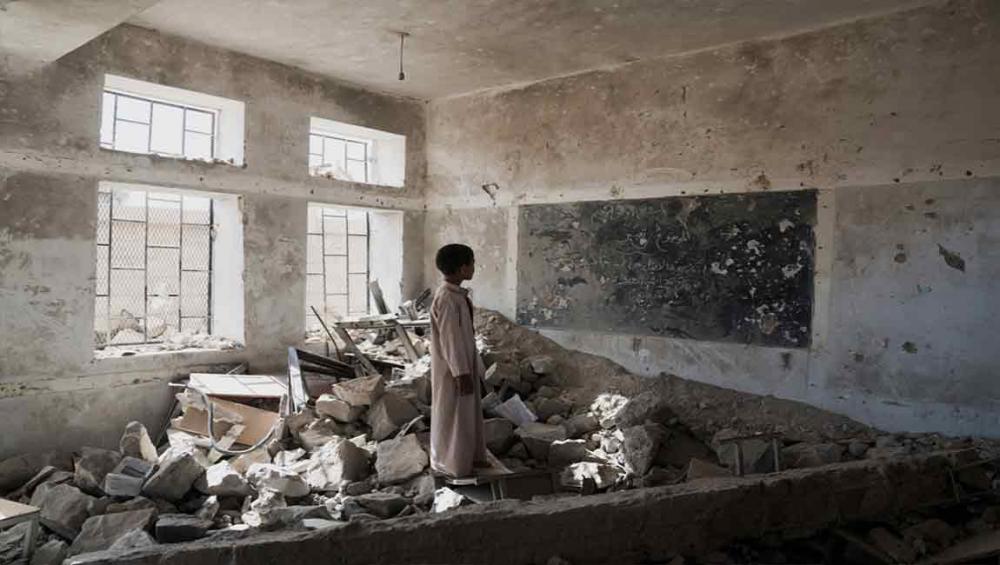Just Earth News | @justearthnews | 19 Sep 2017

Clarke for UNOCHA
“Many of the 50 million uprooted children in the world are in desperate need of education – not despite being uprooted from their homes but because they are uprooted from their homes,” the UN Children’s Fund (UNICEF) stressed in the report.
“For without education, how will they gain knowledge and skills to rebuild their lives? How will they be able to chart a path to a more peaceful and prosperous future for themselves, their families, their communities and the world?” queried the agency.
“Finding ways to provide education for uprooted children will require funding, creativity and commitment. Together, we can, and must, find solutions so every child can go to school and learn. Children’s futures – and our own – depend on it,” said UNICEF.
In 2015, nearly 50 million children were uprooted, more than 28 million of them forced from their homes because of violence and insecurity, with 27 million children of primary and lower secondary school age out of school in 24 conflict-affected countries, the report noted.
According to UNICEF, refugees are five times more likely to be out of school than other children, with only 50 per cent of refugee children enrolled in primary school and less than 25 per cent in secondary school.
In countries affected by conflict, girls are 2.5 times more likely to be out of school than boys and are more likely to become victims of sexual and gender-based violence.
Xenophobia, exclusion and stigmatization can create inhospitable, even dangerous environments for children seeking to join a new school system, while only 10 European Union Member States recognize the right of undocumented migrant children to enter the school system and five explicitly exclude them.
Integrate uprooted children in education systems where they live – UNICEF
In 2016, UNICEF reached 11.7 million children in emergencies, providing learning opportunities and materials, teacher training and offering life skills classes and is currently hosting the secretariat of Education Cannot Wait, which has mobilized over $113 million from government donors and a pledge of $100 million in both financial and in-kind support from the private sector.
The agency called on its partners to integrate all uprooted children into the education system where they live, invest in high-quality learning opportunities, provide psychosocial counselling and language instruction, and engage with partners including the private sector to provide technical assistance, expertise and talent that can be tailored to needs of uprooted children.
“UNICEF seeks partners willing to tackle the specific challenges of providing learning opportunities that deliver the skills and knowledge children need to rebuild their lives and prepare for the future,” the report concluded.
“The job requires resources, creativity and a commitment to high-quality education for every child, especially children who have been uprooted from their homes.”